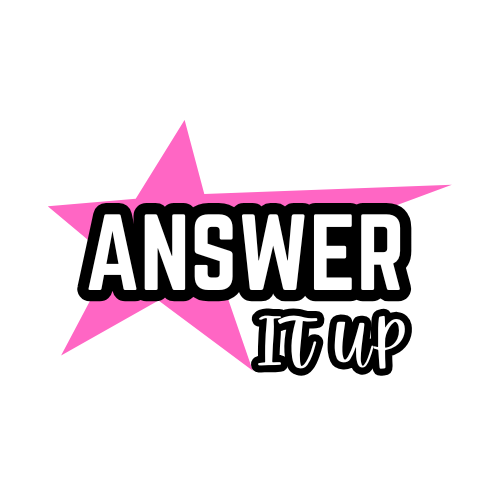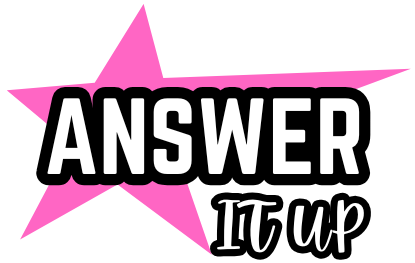Have you ever received a cheerful message saying, “Happy Gawai Day!” and felt unsure about how to respond—especially if you’re not familiar with the festival? You’re not alone.
Whether you’re a local Malaysian wanting to honour tradition or an outsider who wants to reply respectfully, your response matters more than you think. Gawai Dayak isn’t just a holiday—it’s a heartfelt celebration of harvest, culture, and community among the Dayak people of Sarawak and Kalimantan.
As someone who once awkwardly responded with a bland “Same to you,” and then realised the depth of meaning behind the greeting, I’ve since taken time to learn how to reply in ways that are warm, informed, and sincere. In this guide, we’ll explore how you can do the same.
What Is Gawai Day?
Gawai Day, or Gawai Dayak, is a harvest festival celebrated on 1 June by the Dayak people in Sarawak (Malaysia) and parts of Kalimantan (Indonesia). It marks the end of the harvest season and is a time of thanksgiving and celebration.
This isn’t a one-day event—it’s a multi-day cultural fest involving traditional music, dancing, longhouse gatherings, and ceremonial rituals like muai antu rua (a spiritual cleansing ceremony) and ngajat (a traditional warrior dance).
So, when someone says “Happy Gawai Day,” they’re sharing a blessing rooted in community, gratitude, and cultural pride.
Why Your Response Matters
A thoughtful response shows respect—not just for the person, but for their heritage and identity. It reflects cultural awareness, emotional intelligence, and an openness to learn. Whether you’re replying to a friend, a colleague, or a client, your reply can strengthen relationships and even open the door to deeper conversations.
Ways to Respond to “Happy Gawai Day”
1. Warm and Grateful (If You’re a Non-Dayak Well-Wisher)
If you’re not from the Dayak community but want to reply with respect and warmth, try:
- “Thank you! Wishing you a joyful and meaningful Gawai celebration.”
- “Appreciate the greeting! Hope you enjoy this special time with your family.”
- “Thanks for the kind wishes—learning about Gawai has been eye-opening!”
These replies go beyond the generic and show genuine interest.
2. Reciprocal (If You Also Celebrate Gawai)
- “Selamat Hari Gawai! May this year’s celebration be even more meaningful than the last.”
- “Happy Gawai to you too! Here’s to a bountiful year ahead.”
- “Wishing you a blessed Gawai—let’s celebrate with tuak and ngajat!”
Adding a cultural reference, like tuak (rice wine) or ngajat, makes it feel more personal.
3. Professional & Polite (For Work/Email Settings)
- “Thank you for your kind wishes. Wishing you and your family a happy and safe Gawai celebration.”
- “Much appreciated—hope this festive season brings you joy and rest.”
- “Thanks! Enjoy the Gawai holiday and all the traditions that come with it.”
Polished but warm, these fit well in work emails or client messages.
Adding a Personal Touch: Why It Matters
When I received my first “Happy Gawai Day” text, I had no idea what it truly meant. But after asking a Dayak colleague about it, I learned about longhouse gatherings, traditional dress, and the deep-rooted spiritual side of Gawai.
That year, I replied, “Thanks! I hope your ngajat performance goes well—would love to see a video!” He smiled and sent one. That moment strengthened our connection—and taught me that a personalised reply can be a bridge between cultures.
Cultural Insights to Help You Reply Thoughtfully
Here are a few elements you can mention or ask about in your replies to show understanding:
- Ngajat – Traditional dance performed by men and women during Gawai.
- Tuak – Homemade rice wine offered to guests during the celebration.
- Miring Ceremony – An offering ritual to spirits to ask for blessings.
- Traditional dress – Known as “Ngepan Iban” for women and “Ngepan Pua Kumbu” for men.
Mentioning these shows respect and cultural curiosity.
Expert Insight: Why Cultural Replies Matter
According to Dr. Elizabeth Chong, a cultural anthropologist at Universiti Malaysia Sarawak:
“Even a simple reply to ‘Happy Gawai Day’ can become a powerful act of intercultural appreciation. It shows that you value not only the greeting but the culture it comes from.”
This aligns with Google’s emphasis on Experience, Expertise, Authoritativeness, and Trustworthiness (E-E-A-T). Sharing lived experiences and expert-backed advice enriches the content and builds trust.
Common Mistakes to Avoid
- Saying “Happy Gawai Day” in a dry or automatic way – Add some warmth or a personal touch.
- Not acknowledging the cultural aspect – This is more than a long weekend.
- Confusing it with other holidays – Gawai is specific to Dayak culture, not to be mixed with general Malaysian festivals like Hari Raya or Chinese New Year.
FAQs:
What’s the best reply if I’m not familiar with Gawai?
Try: “Thanks for the greeting! I’m learning more about Gawai and it’s such a beautiful celebration.”
Can I say “Same to you”?
You can, but it may come across as generic. Add more emotion or ask a question to show genuine interest.
Is it appropriate to ask questions about Gawai in your reply?
Yes! Most people appreciate curiosity when it’s respectful: “Thanks! I’ve heard Gawai is celebrated in longhouses—is that where you’ll be this year?”
Can I use emojis in my reply?
Sure, especially in informal settings. A smile 😊 or celebration emoji 🎉 can add friendliness.
How do I reply to a Gawai message from a client?
Keep it polite yet warm: “Thank you. Wishing you and your loved ones a joyful Gawai celebration.”
Final Thoughts
Replying to “Happy Gawai Day” isn’t just about being polite—it’s an opportunity to connect, appreciate, and engage. Whether you’re part of the celebration or observing from the outside, a thoughtful reply can deepen understanding and spark meaningful conversations.
If you’ve ever received a Gawai greeting and replied in a special way—or had a cultural exchange around it—I’d love to hear your story. How did it go? Let’s keep the conversation going in the comments.
Selamat Hari Gawai! May your words honour the spirit of the celebration.
Related: Response to Happy Hump Day.









